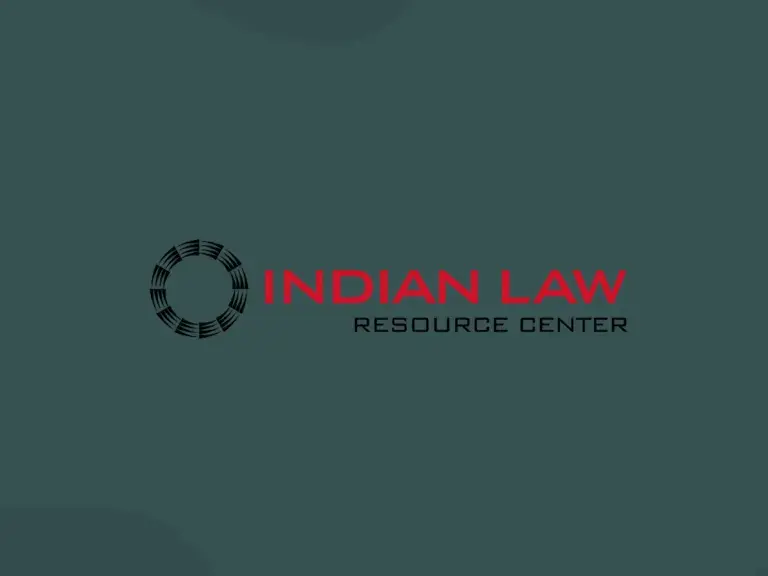Image

Stay informed on the latest developments and achievements in Indigenous rights, environmental advocacy, and cultural preservation. Here, you'll find updates on our work, legislative changes, and stories that highlight the resilience and progress of Indigenous Communities.

